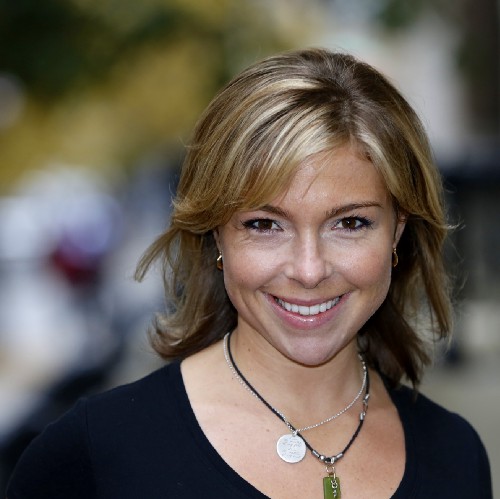If you’ve ever doubted that Catalonia is not Spain, visit Cadaqués. Go at the first hint of night, when the stars come out to shimmer off the ocean below and the hint of grape musk teases your senses.
It is a town of slanted streets where the afternoon sun bounces off the sea, in rhythm with skipping stones thrown by young boys and girls, where you will hear bits of Catalan and bits of Spanish, and fragments of French and English with a slight German tilt.
It is a place where the air smells like sea salt and licorice. It is a place ruled by the Mediterranean, where Catalans have long voyaged, leaving for commerce and returning with an identity more European than Spanish.
It is a town once governed by the Greeks and the Romans and the Moors before experiencing an expanding and shrinking Catalan autonomy during the years since merging with the Crown of Castile to form a unified Spain.
It is a town, like many others Catalan towns, coming together while a jailed Catalan parliament and ousted president withstand Spanish occupation.
It is a place once home to Salvador Dalí and now home to a community of artists who meet for drinks and conversation at Bar Bòia, where Ramon Moscardò’s paintings wrap around the walls. It is home to the brothers who didn’t know me but gave me a room and smoked thin cigarettes while we discussed American politics. It is home to Susana and the Moscardò family who kept me like their own in a house in the hills, surrounded by lemon trees and mosquitos.
Five weeks later, sitting in my small New York apartment while Catalans sat in small prison cells, arrested for voting in a referendum Spain would not acknowledge, I called Ramon Moscardò. I wanted to know what the separatists were fighting for.
“We do not want to fight,” the familiar accent of his voice lifted with emphasis, “We want our identity. We don’t get the right to be. I grew up learning Spanish. I was not allowed to speak Catalan. My grandfather’s language was against the law. C’mon.”
Francisco Franco ruled Spain with fascist oppression during Ramon’s youth, and the Catalan language was once again forbidden. The current discord in Catalonia is not an attack on Spain. It is a defense of a people whose culture is once again being threatened by what many Catalans see as the beginnings of fascism.
“We don’t have any weapons. We don’t want any weapons,” he said.
Next, I called Susana, a Catalan teacher active in the separatist movement.
“They want to control everything,” Susana told me, “they want us to speak Spanish. They don’t want us to speak Catalan in the schools.”
In 2010, a Spanish government powered by the People’s Party, which had been founded by former Francoist minister Manuel Fraga, revoked broad amounts of Catalonia’s freedom by overruling part of a landmark 2006 autonomy statute. Spain was effectively rescinding Catalans’ right to be.
“We have our own music, our own dances,” Susana continued. I recalled sitting in the town square at the water’s edge, while the sun turned the white buildings orange and a group of adults came together in a circle to hold hands and dance together.
“Oh! You saw them dancing the Sardana?” I could hear the smile in her voice.
The people dancing together were strangers.
“That is Catalan. We are open-minded. We are inclusive,” Susana told me.
I asked her if the current protests were representative of Catalan culture.
“Yes, because you can’t do what we are doing without people who have the capacity to organize, and this is the thing. We are together, always together, and this is Catalan. Our power is made because the people work together, all together.”
December will begin with Catalans gathering outside the European Parliament in Brussels to peacefully protest occupation. They will protect their right to be Catalan.
After hanging up with Susana, I flipped through the notes I’d kept during my time in Cadaquès.
On the first page, the first night I met Susana was recorded in hurried dark charcoal. We were at an outdoor concert, sitting in the hills, overlooking the Cadaquès sea. I realized with shame that everyone, except myself had brought food and drink to share. Susana, reassured me, “Don’t worry,” she said. “I brought for both of us. We are together.”
Lutz is an essayist and travel writer who is finishing her first novel.
Originally published at www.nydailynews.com

